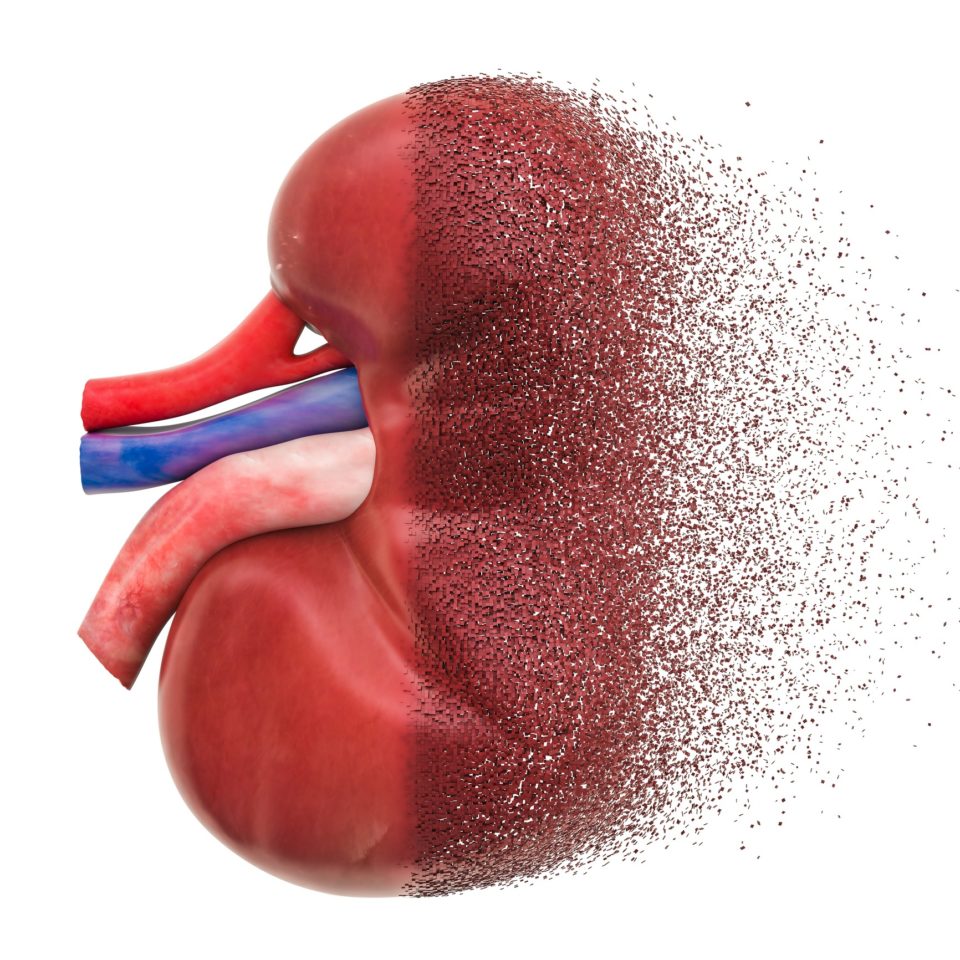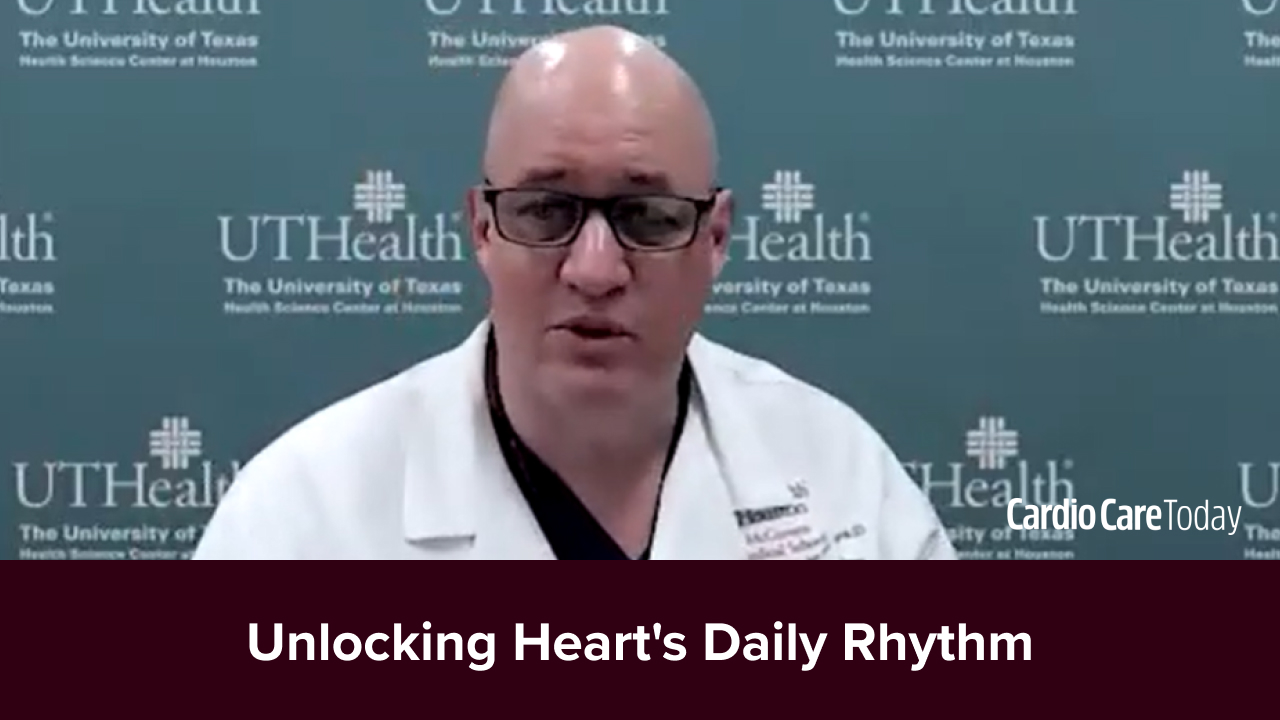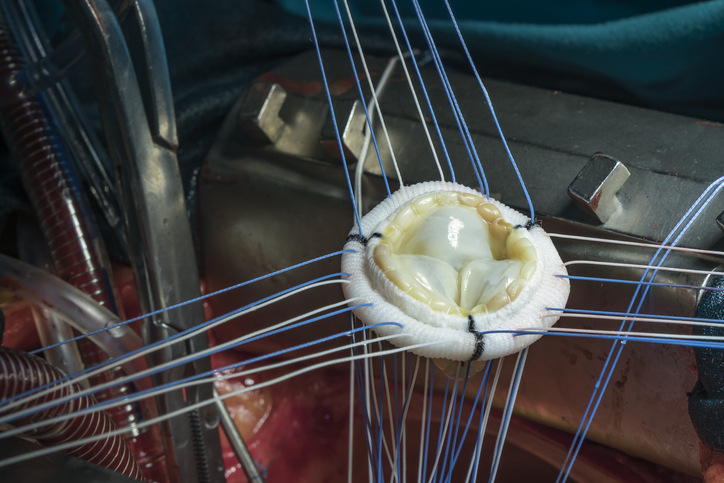
Apixaban was linked with lower bleeding in patients with atrial fibrillation (AFib) and chronic kidney disease than warfarin, new study results suggest.
“Compared with the general population, patients with advanced chronic kidney disease have a >10-fold higher burden of atrial fibrillation,” the authors wrote in their paper. “Limited data are available guiding the use of nonvitamin K antagonist oral anticoagulants in this population.”
The team enrolled 269 patients with AFib and advanced chronic kidney disease from the Apixaban for Reduction in Stroke and Other Thromboembolic Events in Atrial Fibrillation(ARISTOTLE) trial and compared the safety of apixaban with that of warfarin. The used Cox proportional models to estimate hazard ratios for major bleeding as well as major or clinically relevant nonmajor bleeding. The pharmacokinetic profile of apixaban was characterized by the assessment of differences in exposure using nonlinear mixed effects models.
For More Cardiology News from the most trusted sources, ACC, AHA and more click here
According to the results, among patients with a creatinine clearance of 25 mL/min to 30 mL/min, apixaban was associated with less major bleeding and major bleeding (HR=0.34; 95% CI, 0.14 to 0.80) and major or clinically relevant nonmajor bleeding (HR=0.35; 95% CI, 0.17 to 0.72) than warfarin. Those taking apixaban trended towards lower rates of major bleeding compared with those with creatinine clearance >30 mL/min (P for interaction=0.08) and major or clinically relevant nonmajor bleeding (P for interaction=0.05). Patients with creatinine clearance 25 mL/min to 30 mL/min who were administered apixaban 5 mg twice daily had median daily steady-state area under the curve of 5,512 ng/(mL·h) compared with 3,406 ng(mL·h) for patients with creatinine clearance >30 mL/min.
“Among patients with atrial fibrillation and creatinine clearance 5 to 30 mL/min, apixaban caused less bleeding than warfarin, with even greater reductions in bleeding than in patients with creatinine clearance >30 mL/min,” the authors concluded. “We observed substantial overlap in the range of exposure to apixaban 5 mg twice daily for patients with or without advanced chronic kidney disease, supporting conventional dosing in patients with creatinine clearance 25 to 30 mL/min. Randomized, controlled studies evaluating the safety and efficacy of apixaban are urgently needed in patients with advanced chronic kidney disease, including those receiving dialysis.”
The study was published in Circulation.
#EditorsPick: In patients with advanced CKD and Afib in #ARISTOTLE trial, apixaban caused less bleeding than warfarin, potentially even at conventional dosing. Read more: https://t.co/wlz9rqSwKg #AHAJournals @DCRINews pic.twitter.com/Agev0ULnqo
— Circulation (@CircAHA) April 29, 2020
for non-valvular AF in advanced CKD, apixaban may be safer than warfarin dosing at 5 mg BID unless 2/3 ARISTOTLE criteria are present: RCT data from ARISTOTLE @DCRINews @DukeKidney https://t.co/EEOlJoiCbq
and featured podcast article: https://t.co/2DvENiAFsK— John Stanifer (@4UrineFormation) April 27, 2020







 © 2025 Mashup Media, LLC, a Formedics Property. All Rights Reserved.
© 2025 Mashup Media, LLC, a Formedics Property. All Rights Reserved.